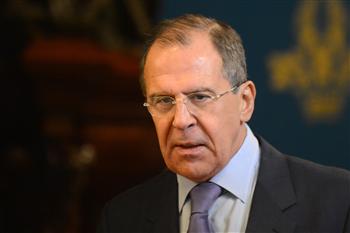
The Association for Freedom of Thought and Expression (AFTE) filed a law suit Monday at the administrative court challenging the expulsion of two students from Al-Azhar University.
On 2 April, Al-Azhar University administration expelled 27 students it accused of complicity in the violence that took over the university campus. University administration said the decision was prompted by an investigation into the acts of violence.
The 27 students included Ahmed Noor Al-Deen, who works as a correspondent for AFTE. Noor Al-Deen was arrested on 19 March and detained for 15 days.
Mohamed Abdel Salam, a researcher at AFTE’s Student Observatory, said Noor Al-Deen was reporting on the clashes happening at Al-Azhar University at the time of his arrest. He added that the student was falsely accused of belonging to the Muslim Brotherhood and exercising violence.
Noor Al-Deen, who is a sophomore at the university’s Faculty of Mass Communication, was indefinitely expelled from school. He is one of the two students whose expulsion AFTE is challenging.
The other student, Abdel Rahman Al-Sayed, was suspended from university for a year for disagreeing with a university professor on Facebook, AFTE reported.
Clashes between students and security forces erupted at Al-Azhar University’s campus on Monday, resulting in the arrest of four students, the Ministry of Interior said. Those arrested were in possession of five Molotov cocktails, it reported.
The ministry accused a group of 150 students, whom it described as Muslim Brotherhood members, of attacking security forces with rocks, Molotov cocktails and birdshot. Two central security officers sustained birdshot wounds in the face and chest, the ministry said, while a student received a birdshot to the head and a university employee got burns. It added that the car of a university professor was torched.
Al-Azhar University’s Student Union, meanwhile, accused the Ministry of Interior of firing live ammunition and birdshot at university students. It also accused security forces of detaining injured students without providing them with medical aid.
In a statement released Monday, the Student Union reported that two students are in critical condition, suffering from live ammunition wounds. The union also accused security forces of torching the university professor’s car.
In late March, the Al-Azhar University administration approved the presence of interior ministry forces inside campus on a daily basis.
The Supreme Council of Universities signed in February a protocol with the Ministry of Interior to secure university campuses, authorising security forces to be present outside universities and only interfere on campuses with the permission of university chairmen.
On 24 February, the Cairo Urgent Matters Court restored an earlier decision appointing security personnel from the Ministry of Interior to secure university campuses.
Until 2010, the Ministry of Interior was responsible for providing Homeland Security personnel to secure universities. In 2010, the Supreme Administrative Court banned this decision, establishing “administrative” university security. The decision came into effect after the January 2011 uprising.




